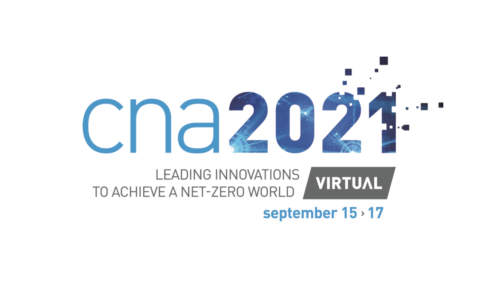
CNA response to “The security of Ontario’s nuclear plants should be an election priority, not the salaries of top Hydro One execs”
The op-ed “The security of Ontario’s nuclear plants should be an election priority, not the salaries of top Hydro One execs” (The London Free Press, May 4) exaggerates the risks posed by nuclear energy.
The probability of a Fukushima-like event in Ontario is extremely low. Despite this, following Fukushima, the Canadian Nuclear Safety Commission inspected Canada’s nuclear power plants and revised standards to improve reactor defense and emergency response. Changes to regulation and licensing were also made to ensure better disaster preparedness and mitigation.
The CNSC’s Fukushima Task Force Report stated that the tsunami risk at the Darlington, Pickering, and Bruce Power generating stations is very low, given their location on the Great Lakes. The geological stability of the underlying Canadian Shield also minimizes the risk of earthquakes and tsunamis.
As for cyberattacks on nuclear power facilities, there is no risk to the operations of nuclear power plants because the reactors and control rooms are not connected to the Internet. Nuclear power plants are some of the best protected infrastructure systems. They are designed to be disconnected from the Internet and other networks, preventing hackers from accessing plant operations or safety systems
Globally, the nuclear industry has a strong safety culture of continuous improvement. Safety is always the No. 1 priority. And nuclear ranked as the safest source of power in a 2012 Forbes report based on fatalities per kWh.
John Barrett
President and CEO
Canadian Nuclear Association
Ottawa, ON

